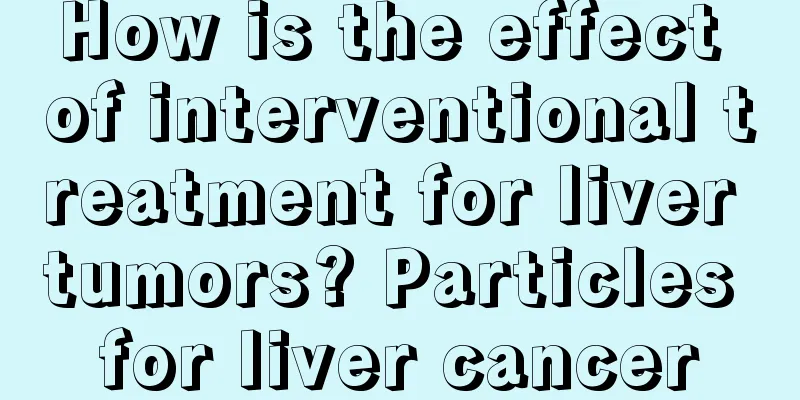How to treat cardia inflammation and superficial gastritis?

|
Superficial gastritis and cardia inflammation are a type of stomach disease that has become more prevalent in recent years. This type of stomach disease has caused great damage to the patients' lives, making them live in pain at all times. The treatment of superficial gastritis is difficult and requires comprehensive treatment plus a long recovery period. Otherwise, the disease will tend to become more serious with age. Let's take a look at how to treat superficial gastritis and cardia inflammation? Chronic superficial gastritis is a disease in which the gastric mucosa presents chronic superficial inflammation. It is a common disease of the digestive system and a type of chronic gastritis. It may be caused by alcoholism, strong coffee, bile reflux, or Helicobacter pylori infection. Patients may have varying degrees of indigestion symptoms, such as upper abdominal discomfort and dull pain after eating, accompanied by belching, nausea, heartburn, and occasional vomiting. 1. Eliminate the cause For example, quit smoking and drinking, reduce salt intake; correct bad eating habits, avoid foods that irritate the stomach, the food should be soft and easy to digest, avoid overly rough, overly strong spices and overly hot or cold food. Eat less salted, smoked, and stale food; stop taking certain medications that irritate the gastric mucosa, especially non-steroidal anti-inflammatory drugs such as aspirin; chronic infection foci in the nasal cavity and pharynx should be cleared. 2. Medication (1) Commonly used drugs for protecting the gastric mucosa include colloidal bismuth subcitrate (CBS), sucralfate, smectite, mezilin-S, aluminum hydroxide gel, gastrosin and gastric mucosa. (2) Drugs that regulate gastrointestinal motility: For upper abdominal distension, use metoclopramide or domperidone. For those who mainly suffer from hiccups, abdominal distension or reflux, gastrokinetic drugs such as metoclopramide, methylprednisolone and mosapride can be used. (3) Antibiotics If the gastroscopy shows Helicobacter pylori is positive, antibiotics should be taken. Clarithromycin, amoxicillin, etc., all have the effect of clearing Hp. Generally, two types can be selected, and they are often used in combination with gastric mucosal protectants and antacids. (4) Commonly used antacids include cimetidine, ranitidine, famotidine, sodium bicarbonate (baking soda), magnesium hydroxide, aluminum hydroxide gel, and gadolinium. (5) Analgesics: Patients with severe upper abdominal pain can take atropine, propantheline, belladonna tablets or 654-2 orally to reduce gastric acid secretion and relieve abdominal pain symptoms. (6) You can also use digestive aids such as pancreatic enzymes, yeast tablets, lactase, and anti-bloating tablets. If acid reflux occurs, acid-suppressing drugs such as Tagamet, Ranitidine, Famotidine, etc. can also be used. To prevent bile reflux, you can take aluminum carbonate magnesium and cholestyramine to absorb bile; for those who have vomiting blood and bloody stools, take cimetidine orally. |
<<: How does gentamicin treat gastritis?
>>: How to treat mixed gastritis of cold and heat
Recommend
Is strenuous exercise suitable for patients with gallbladder cancer?
There are many ways to treat gallbladder cancer. ...
Why is my big toenail so thick?
Nails are part of the human body. By observing th...
How to treat benign hemangioma? Treatment of benign hemangioma
Hemangioma is a benign tumor that often appears a...
How to dry wolfberries
There are many ways to dry wolfberries, including...
Huoxiang Qingwei Pills
Medicines are very common in our daily life, and ...
What causes swollen and painful clavicle?
Nowadays, many people feel pain in the clavicle f...
What are the methods for detecting nitrite poisoning?
To determine whether nitrite poisoning has occurr...
What to do if colon cancer metastasizes to the lungs
The treatment of lung metastasis from colon cance...
Can kelp soup help increase milk secretion?
Kelp seems to be a developed product. In addition...
Can winter melon be put in the refrigerator?
Winter melon is a food ingredient that we are ver...
What is the formula of the fungicide?
Fungicides belong to the category of pesticides. ...
How is coronary angiography performed? ct coronary angiography examination
What is coronary angiography? Coronary angiograph...
What are the pathological characteristics of nasopharyngeal carcinoma and laryngeal cancer and what are the dietary treatment methods?
Nasopharyngeal cancer and laryngeal cancer are tw...
My stomach hurts from time to time. What's going on?
In our daily life, stomachache is a common thing....
The functions and effects of lotus leaf
Lotus leaves are the leaves of lotus. Every summe...









